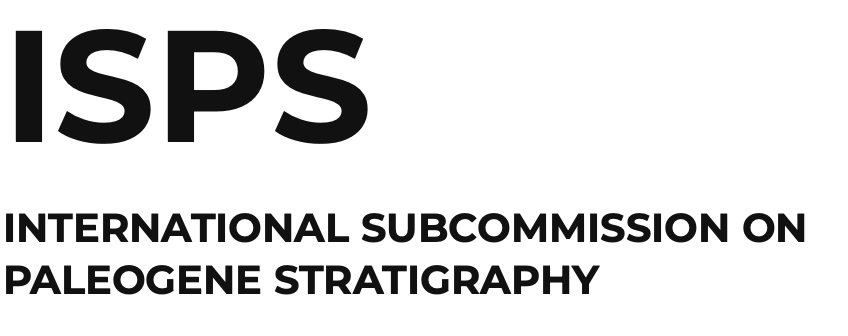Reasons for a name
The Selandian was introduced in scientific literature by Alfred Rosenkrantz in 1924. It is named after the Danish island of Zealand (Danish: Sjælland), consisting of fossiliferous glauconitic marls (Lellinge Greensand and Kerteminde Marl) overlain by unfossiliferous grey clay. The succession unconformably overlied Danian chalks and limestones, containing clasts derived from these units in its basal part.




